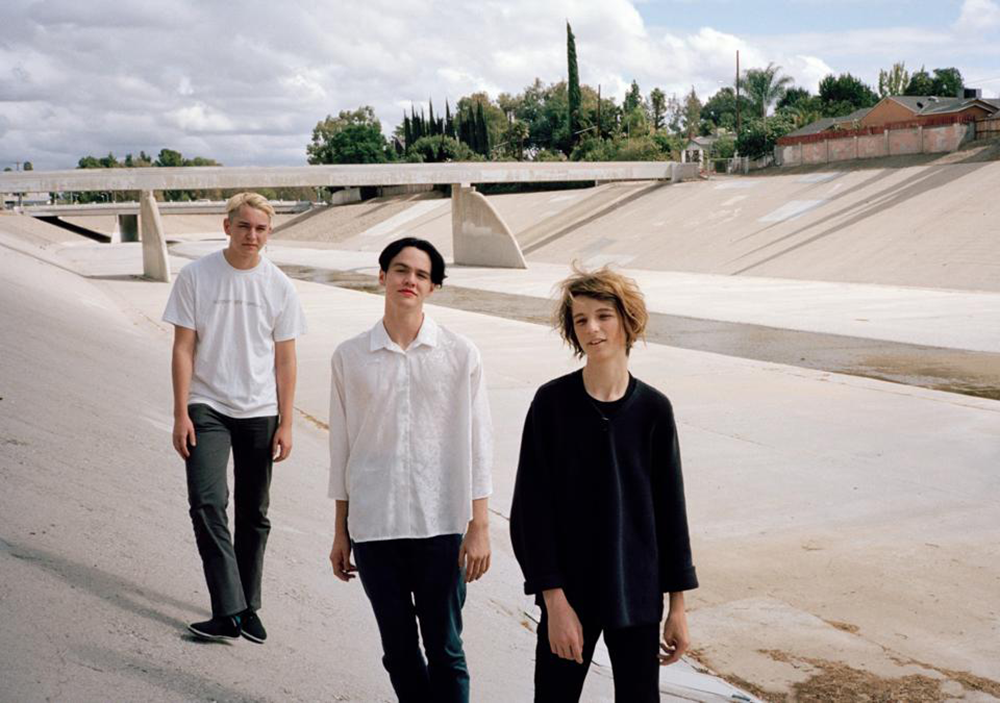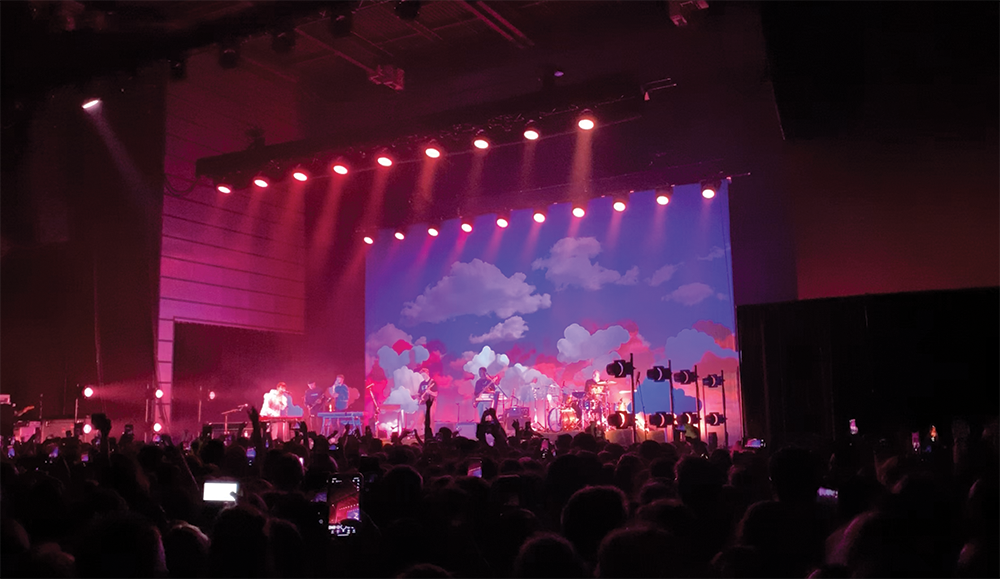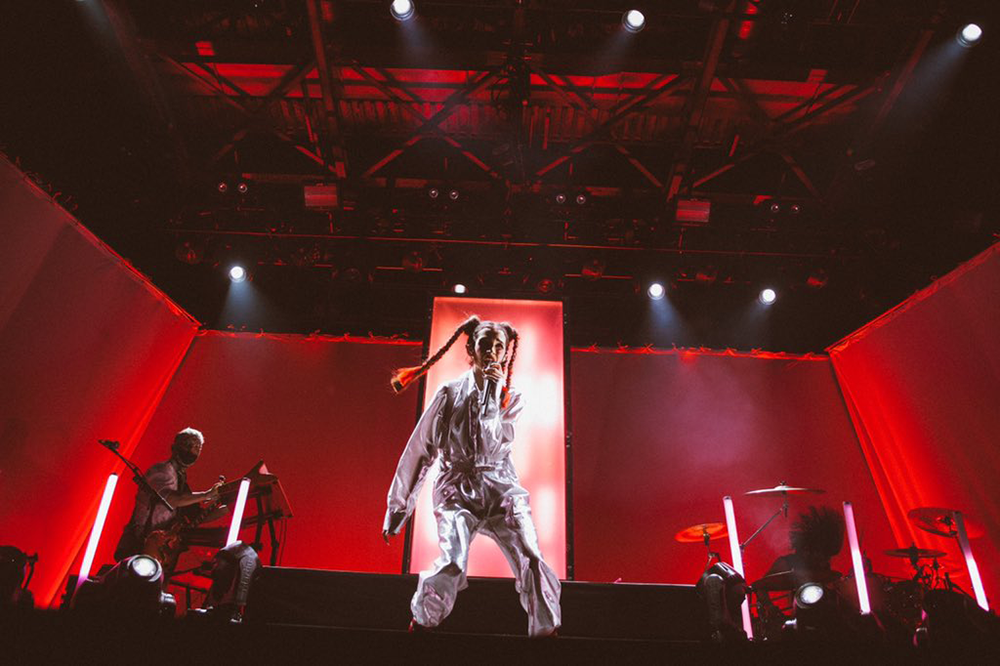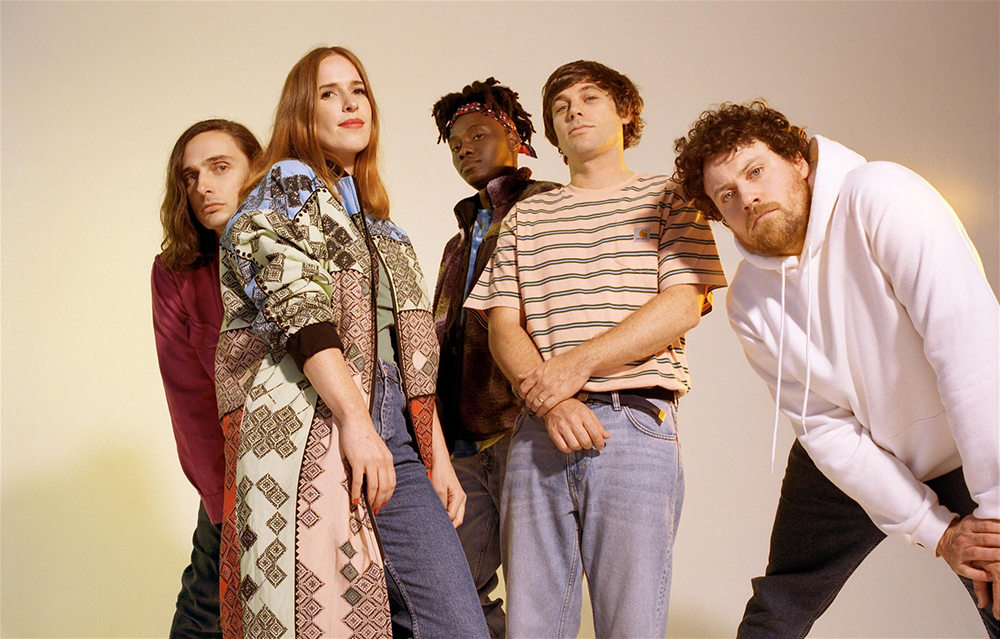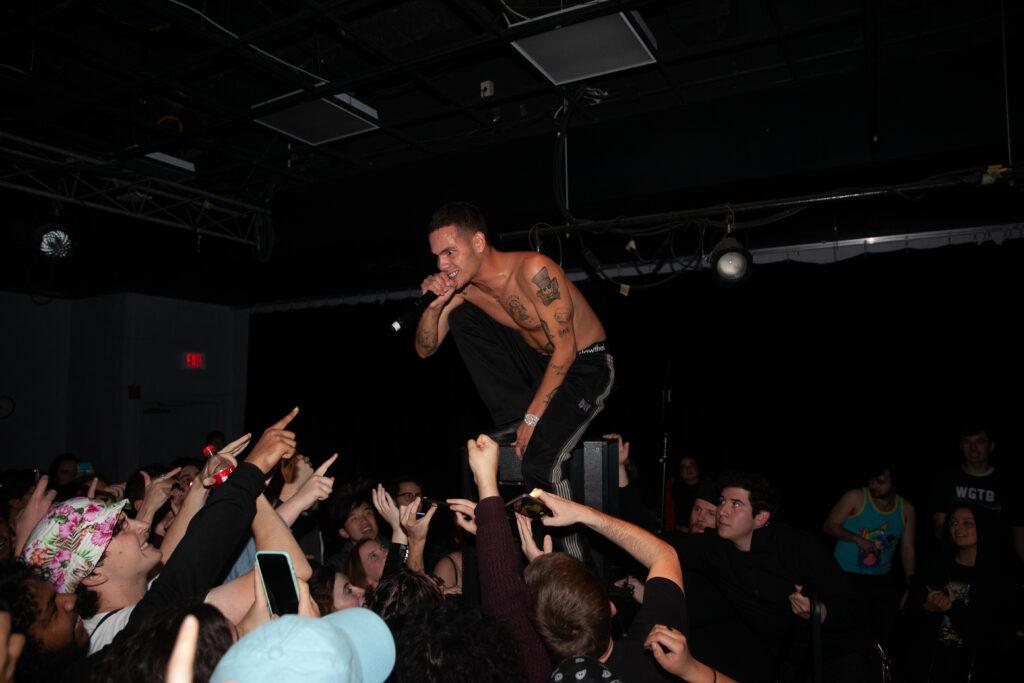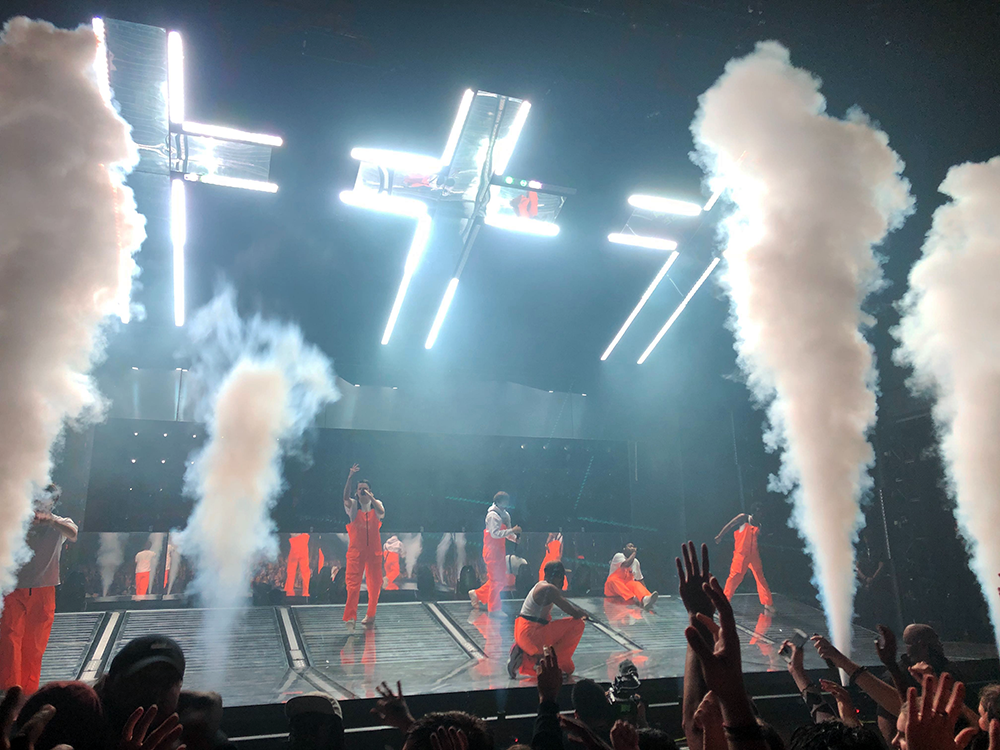After 10 fond years, Washington, D.C. music fans said goodbye to one of their favorite music venues when U Street Music Hall shut down in early October. The independent music venues that have long lined the likes of U Street and 18th Street in the music district of the city are now in danger of closure because of the dire financial implications of COVID-19.
The COVID-19 pandemic forced crowd-gathering spaces such as music venues to shut down in March, and will leave them among the last community pillars to fully reopen, since music venues are generally not designed for social distancing. Unable to accumulate revenue to sustain obligations like rent and taxes, independent venues face severe financial consequences, with limited governmental support to help.
If the current restrictions on gathering continue for another six months without federal support, experts estimate that 90% of independent music venues across the United States will close permanently, according to a survey the National Independent Venue Association conducted of its member venues. These closures would not only entail the loss of millions of jobs and billions of dollars, but also the loss of a valuable musical community that Georgetown University students have come to know and love. While we all look forward to life going back to normal after the pandemic, at this rate, some of our favorite D.C. venues won’t even get the chance to welcome us back.
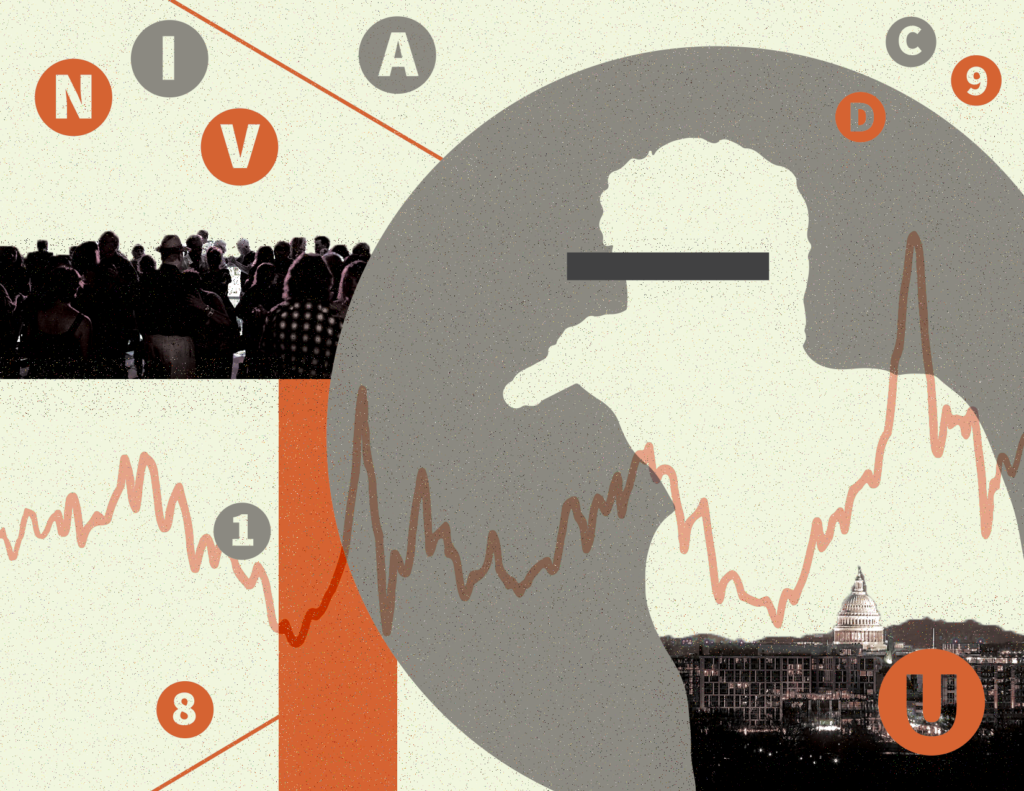
The 200 Days Since March 16
On March 16, the D.C. government issued a suspension of on-site operations for bars, restaurants, theaters, music venues and similar businesses, forcing many to close and let go of most of their staff. In the months since then, the District has progressed into Phase Two reopening, including plans for a Live Entertainment Pilot Program, a venture aiming to resume live entertainment in a controlled environment. As a result, a select number of venues have been able to reopen in some capacity, while others have announced permanent closures.
The economic losses caused by the closure of independent venues reverberate across the country. Pollstar estimated a $9 billion loss in ticket sales alone — not including food and merchandise revenue — if venues remain closed through the end of 2020. Live events also comprise 75% of artists’ income, and for every $1 spent on tickets at independent venues, an average of $12 in economic activity is generated within other businesses.
Jordan Grobe, communications coordinator for the NIVA, which formed in March to protect independent venues across the country, said that D.C.’s musical ecosystem has already suffered tremendous losses.
“The D.C. area itself is already suffering; we’ve already lost three venues. The Eighteenth Street Lounge is not coming back, Twins Jazz is not coming back, U Street Music Hall is not coming back. All three are just giants in their community and each loss is a massive one,” Grobe said in an interview over Zoom with The Hoya.
Other venues, such as the DC9 Nightclub on 9th Street, have, since the initial shutdown of night clubs, recommenced operation. DC9 has been in operation since 2004 and is known for its live entertainment, hosting both local and national acts. When the virus hit, however, the local regulations forced the club to stop operating entirely because of the classification of the business, according to DC9 owner Bill Spieler.
“We have a nightclub license, which, in the grand scheme of classification of liquor licenses in the city, is rare,” Spieler said in a Zoom interview with The Hoya. “Because we were classified as that, we have the same classification as an adult entertainment club, and the city decided that all those licenses didn’t need to operate since they don’t operate like a restaurant.”
Since the initial shutdown, Spieler lobbied to get D.C. Mayor Muriel Bowser (D) to allow DC9 to reopen its restaurant operations, initially with carryout services, and eventually outdoor dining, as restrictions loosened June 22.
Even so, DC9 is only able to seat approximately 36 people at most and was forced to let go of most of its employees because of the decreased revenue, according to Spieler.
“We almost fired everybody when March 16 happened and the city said all nightclubs had to close, not knowing when we would be able to reopen, if at all,” Spieler said. “So I pretty much laid off everybody, except for the person that does my booking. I think it was about 23 people. And then, as we’ve been able to start serving guests again, we’ve hired about eight people.”
Pearl Street Warehouse, a venue located in the Wharf that used to hold live shows every night, ranging from genres like rock and folk to country and blues, has had a similar experience. Nicholas Fontana, a proprietor of Pearl Street, said the venue was initially forced to close because the income from takeout services was not sustainable because of the long-lasting nature of the pandemic.
“Our last concert was Sunday, March 16, and then we closed for all live music. We did carry out for a while which was the only thing we could do, and then we just gave it up because it just wasn’t covering enough of anything. So we laid everybody off, about 25 people, and everyone went on unemployment,” Fontana said in a Zoom interview with The Hoya.
When Phase Two began at the end of June, Pearl Street reopened with limited staff and seating, after receiving a Paycheck Protection Program loan from the government and working with its landlord to defer rent, according to Fontana. More recently, it became one of six venues invited to participate in the Live Entertainment Pilot Program, allowing the club to resume holding live shows through October.
Fontana said the Live Entertainment Pilot Program was a well-intentioned idea, but not one that was well-executed or unsustainable in the long run because of restrictions on the amount of people allowed to gather at oznce in one place.
These restrictions include a maximum of 50 people including the band and staff and at least 30 feet of distance between the stage and the audience. On such short notice, Pearl Street was only able to book local acts for relatively low prices, attempting to minimize losses, according to Fontana. Pearl Street held its first show Oct. 9, featuring the folk group Rock Creek Kings, followed by Human Country Jukebox the next night. Once the trial ends, the local government will assess the situation before announcing whether or not more shows can be held.
“This pilot program is the city’s first step in letting people get back to normalcy, but the restrictions are so stringent that it’s not economically viable. And we weren’t notified until the end of September that we could start shows in October, and then the trial ends October 30,” Fontana said.
Fontana said further actions and more funding are necessary to help music venues get back into business, both for their own survival and for the city’s economy.
“I just don’t know how they’re going to let so many places close. They don’t have any tax revenue from any of these places right now to speak of,” Fontana said. “And that’s what D.C. needs to realize, that this is the economy of D.C. — hospitality and restaurants and hotels and bars. It’s crushing everybody,” Fontana said.
As for the future, Fontana said he is trying to survive month by month amid the uncertainty brought about by the pandemic, a sentiment Spieler echoed.
“I wish I had a crystal ball and could look that far into the future. I pretty much live on a two-week kind of time period, because it seems like something always changes within two weeks,” Spieler said.
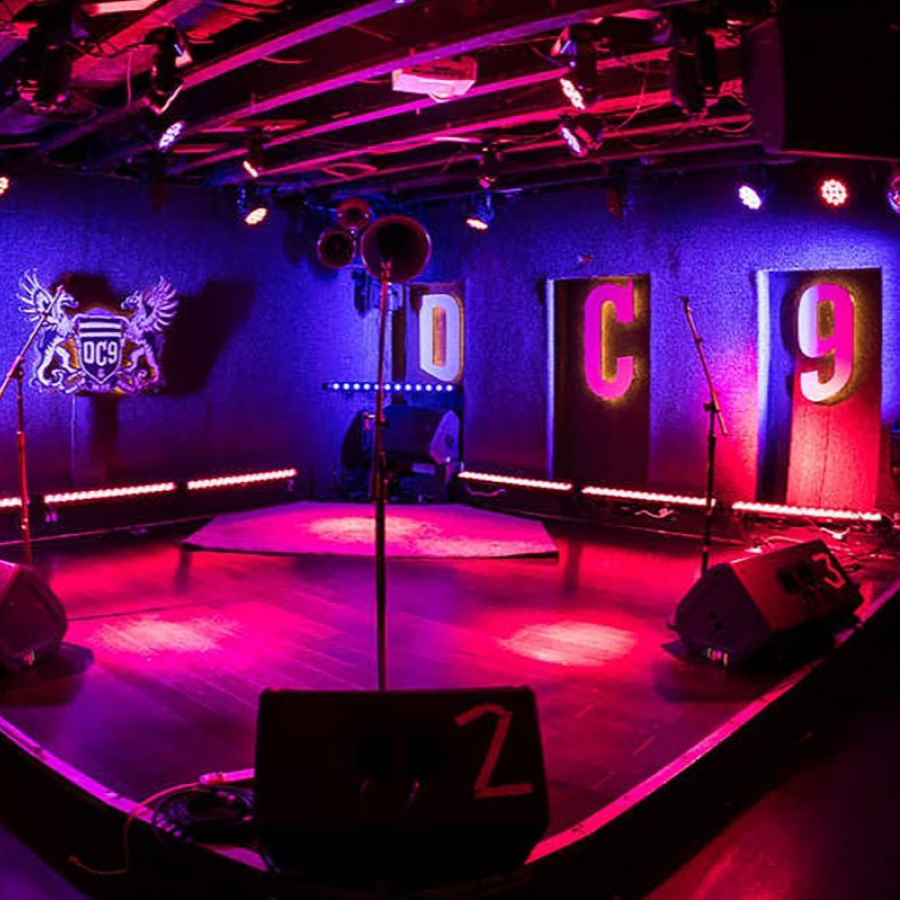
Banding Together
Realizing the severity and longevity of the pandemic, independent music venues and promoters across the country came together to form NIVA in March, which includes venues in D.C. such as the 9:30 Club.
“That’s the nature of what we do, we’re small businesses that are used to standing up for ourselves and fighting for the things we need. And so, in the face of this, when we realized how bad it was going to be, we banded together,” Grobe said about the creation of the organization.
NIVA now includes around 3,000 members, 28 of which are D.C. based, including both DC9 and Pearl Street. Its primary goal is to preserve independent venues and promoters by requesting federal financial assistance through legislation such as the Save Our Stages Act, the Entertainment New Credit Opportunity for Relief & Economic Sustainability Act and continuing unemployment insurance.
NIVA has garnered widespread support, with artists and fans around the country sending over 2 million letters in total to members of Congress. Among these supporters are over 600 artists, including old rockers such as the Foo Fighters and Robert Plant of Led Zeppelin, as well as modern pop stars like Billie Eilish and Lady Gaga.
On June 18, these artists sent a letter to Congress in support of NIVA’s requests.
“We urge you to remember we are the nation that gave the world jazz, country, rock & roll, bluegrass, hip hop, metal, blues, and R&B. Entertainment is America’s largest economic export, with songs written and produced by American artists sung in every place on the globe,” they wrote. “All of these genres of music, and the artists behind them, were able to thrive because they had neighborhood independent venues to play in and hone their craft, build an audience, and grow into the entertainers that bring joy to millions.”
The House of Representatives passed the $2.2 trillion Heroes Act on Oct. 1, including provisions for the $10 billion Save Our Stages Act, which now awaits approval on the Senate floor.
Grobe hopes the bipartisan appeal of independent music venues encourages support across party lines.
“We are very thankful for the fact that the Save Our Stages Act in Congress and the other two are supported completely across the aisle, because everyone realizes how important and unique this situation is,” Grobe said. “In an environment like ours where bipartisanship seems difficult, we’re thankful for that support, and we just need it to keep growing to push it across the line and make sure that these venues can really see another day. ”
NIVA has also established an Emergency Relief Fund to support its vulnerable members, for which the group raised awareness and funds on a three-day virtual music festival in partnership with YouTube called Save Our Stages Fest.
Grobe said the closure of independent venues can cause devastating long-term consequences.
“This entire industry essentially employs 5 million people, and there is no work for any of them. These are people who are completely skilled laborers who have been doing this for — mostly — decades,” he said. “If you are someone who is a master of your craft at stage design, at lighting design, at sound production, at equipment rigging, there’s not really anything else that you can do right now.”
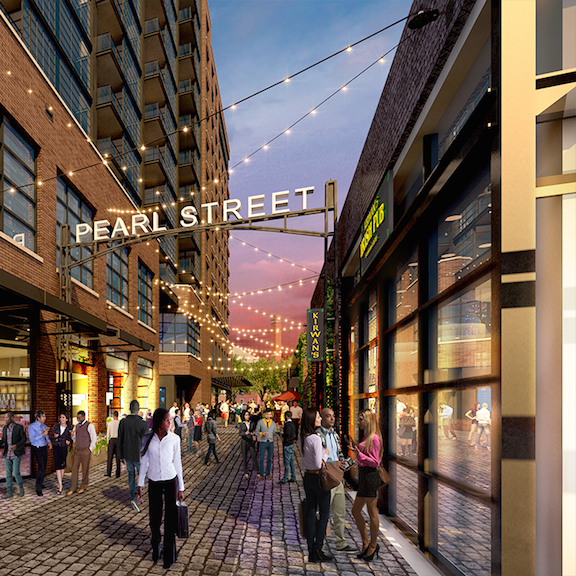
Community Consequences
D.C. music consumers have felt the loss of a sense of culture and community with the shuttering of venues. Rachel Harris (COL ’21), who was a regular at many independent concert venues around D.C. since her first semester of college, said she misses the joyous environment fostered by these spaces.
“I just long for that community that we had once again, so hopefully everyone can wear their masks and get their stuff together and we can go back to dancing together,” Harris said in a Zoom interview with The Hoya.
Grobe hopes more government support will help independent venues hold on for a little bit longer, which he said makes sustaining independent venues until they are able to cater to audiences again a priority.
“We know that once we can reopen safely and this virus is behind us, people are going to be desperate to gather again, to feel the bass thumping on their chest and to scream at the top of their lungs, and to just be in a crowd,” Grobe said.
For incoming freshmen, the idea of college life contained images of clubs and concerts, a vision that has now been distorted.
Despite her anticipation of D.C. nightlife, Duda Figueiredo (COL ’24), feels uncomfortable going to venues under current circumstances.
“I feel that clubs are an unnecessary risk for someone to put themselves in. I would probably not go to venues because I’m a little hesitant to be in a mass of people at the moment,” Figueiredo said in a Zoom interview with The Hoya.
On the other hand, Maddy Callaway (COL ’24) said she would like to help support independent venues during this time.
“I would rather go to a smaller location because if they’re struggling, I want to help them. I don’t want them to have to close,” Callaway said in a Zoom interview with The Hoya.
Independent music venues and the culture they cultivate are integral and inextricable parts of D.C. society and Georgetown culture, and if they are lost now, they may never return, according to Grobe.
“There’s a great quote from James Murphy from LCD Soundsystem, where he likens the independent music venue environment to the Great Barrier Reef,” Grobe said. “It is invaluable to the ecosystem, and once it’s gone, it doesn’t come back.”








